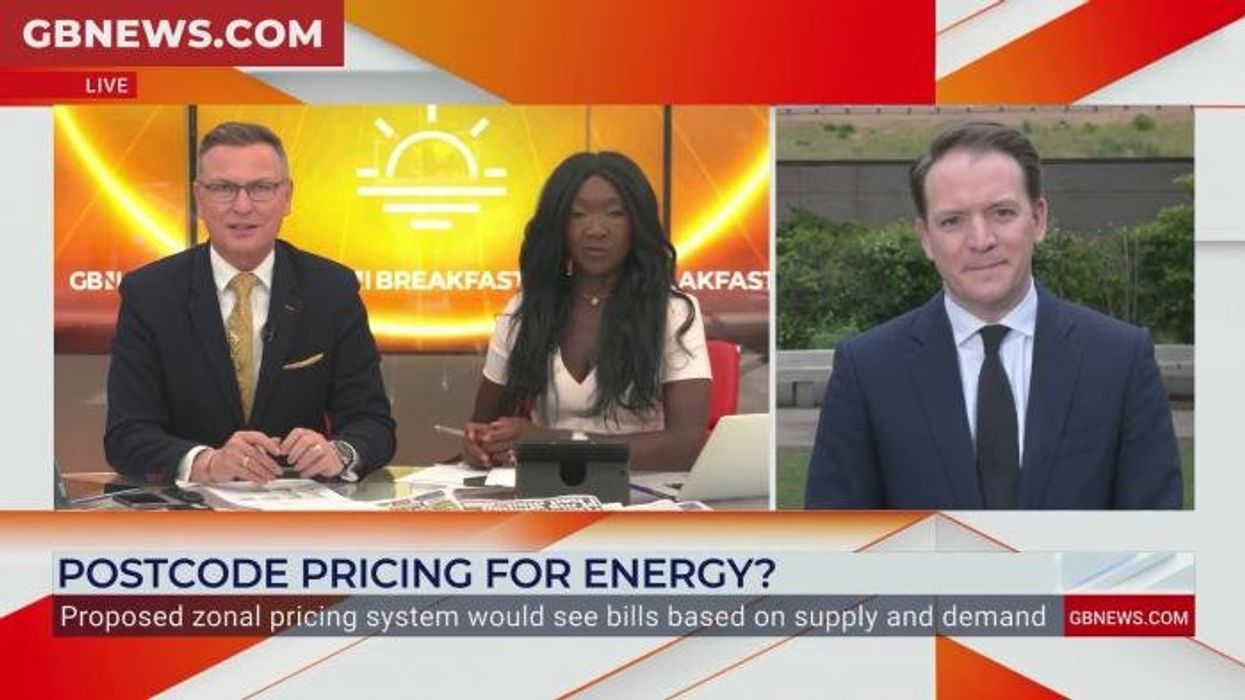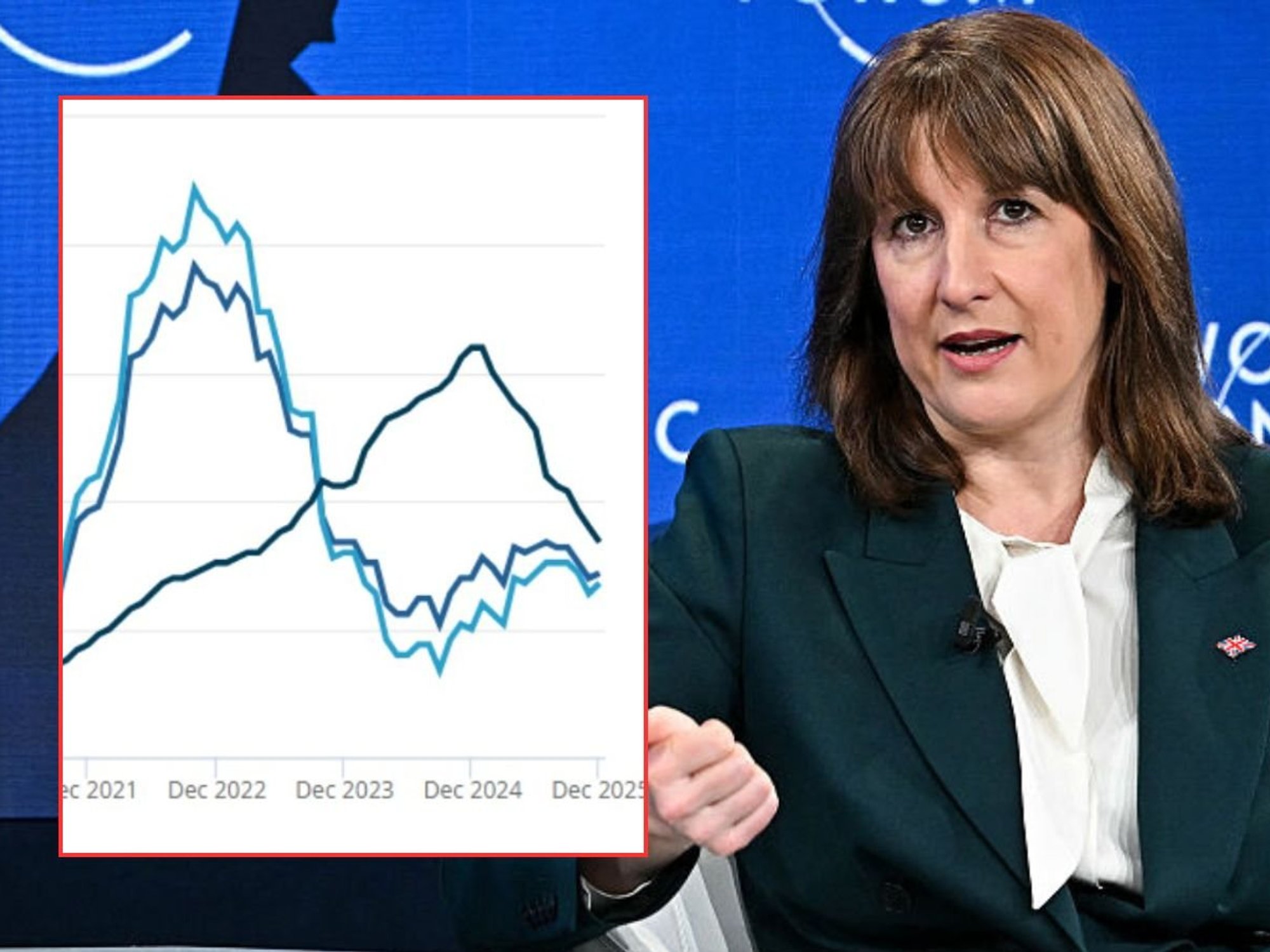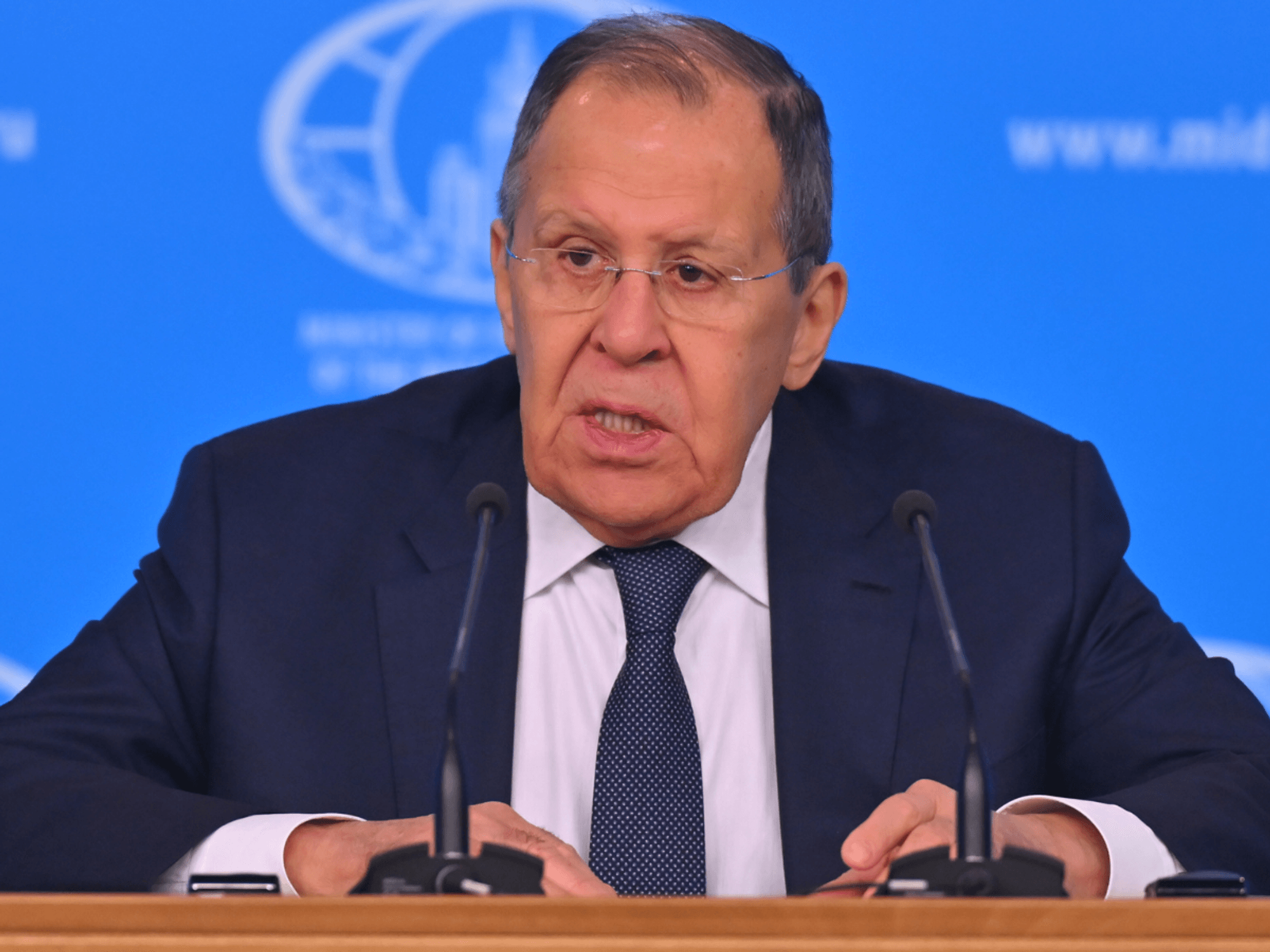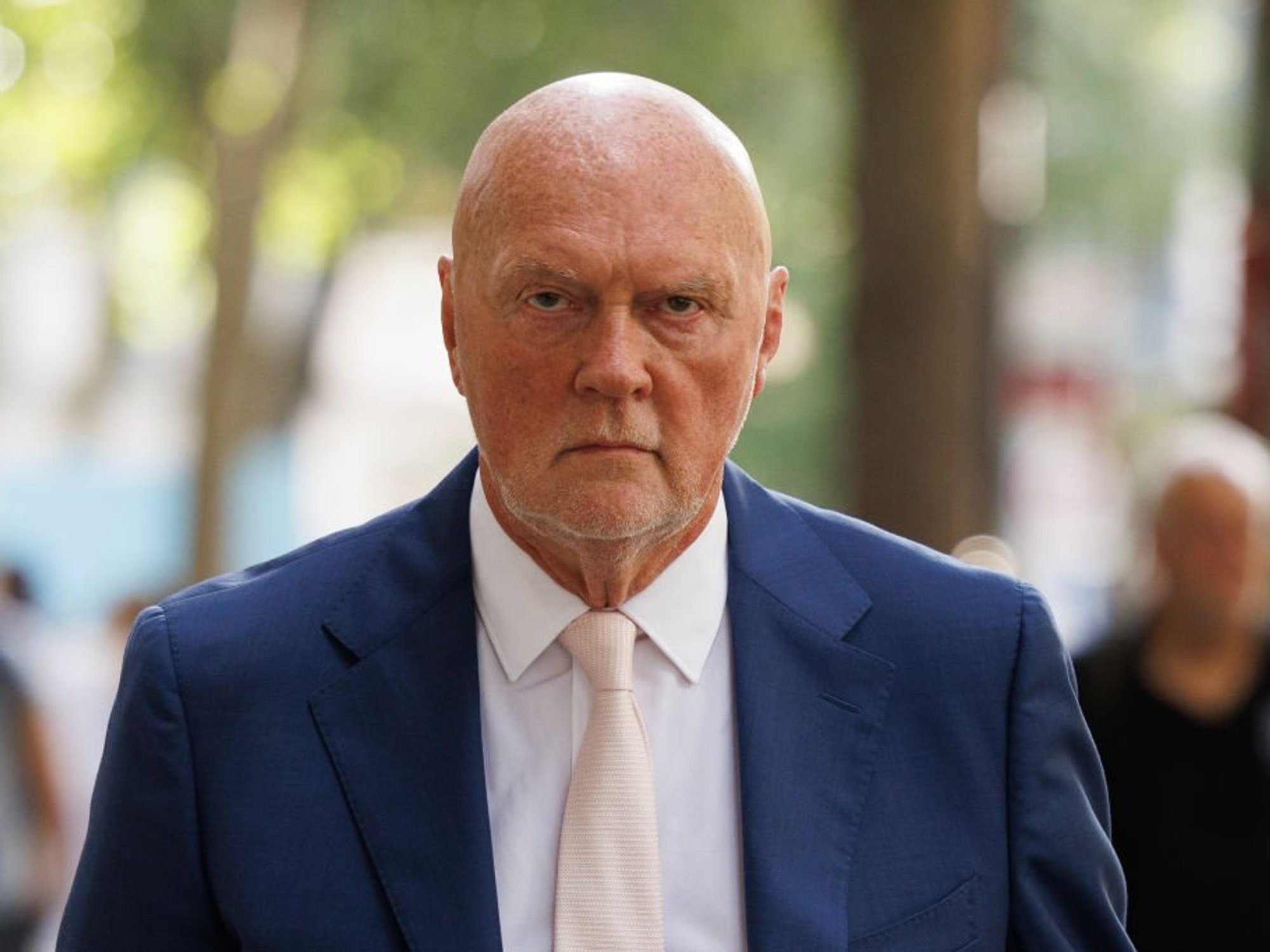Energy bills are 'going to be 20% higher' despite 'prices halving' as households paying extra £300 a year

Octopus Energy and EDF are urging MPs to take 'radical' steps to avoid Britons paying significantly more towards their gas and electricity costs
Don't Miss
Most Read
Latest
Energy firm bosses have urged the Labour Government to take "radical" action or households will see energy bills rise by 20 per cent over the next five years, even if the cost of gas and electricity is halved.
Representatives of Britain's major suppliers, including Octopus Energy and EDF, have delivered a sobering assessment to MPs on the Energy Security and Net Zero Committee.
This stark projection on the cost of living crisis emerges from concerns over an £80billion infrastructure investment programme and escalating policy-related expenses.
The warning poses a significant challenge to Government commitments on reducing household energy expenses, as well as Energy Minister Ed Miliband's goal of making the UK a net zero economy.

Energy bosses have warned MPs that bills could jump by 20 per cent over the next five years
|GETTY
Industry leaders calculate that infrastructure and policy costs alone could add approximately £300 annually to consumer bills, potentially negating any benefits from lower wholesale electricity prices in the coming years.
Senior executives from the UK's largest energy suppliers presented their concerns to MPs earlier today, ahead of Chancellor Rachel Reeves's Autumn Budget on November 26.
Rachel Fletcher, the director of regulation at Octopus Energy, told the parliamentary Energy Select Committee: "If we continue on the path we are on, in all likelihood electricity prices are going to be 20 per cent higher -- even if wholesale prices halve."
She highlighted that "non-commodity costs are adding about £300 [a year] of pressure" to household bills.
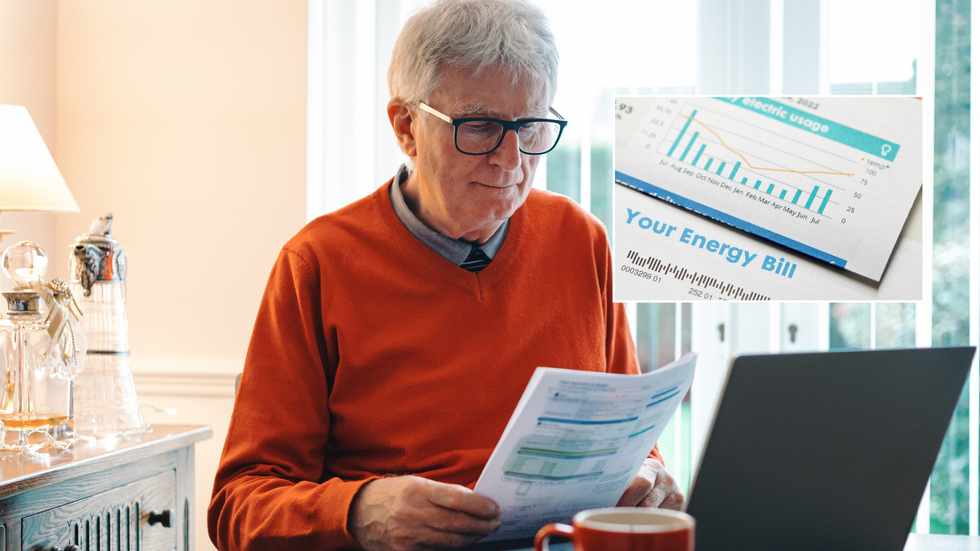 The Government has committed to more energy bill support | GETTY
The Government has committed to more energy bill support | GETTY EDF UK's energy business chief executive Simone Rossi echoed these concerns, stating: "Even if the wholesale price were to halve, bills will rise."
He revealed that electricity demand has dropped eight per cent since before the pandemic, spreading infrastructure costs across fewer users.
Chris Norbury, chief executive of E.ON UK, painted an even bleaker picture, suggesting that modelling indicates "we could get to a position by 2030 where if the wholesale price was zero, bills would still be the same as they are today" due to mounting non-commodity expenses.
These projections directly contradict Labour's electoral promise to reduce household energy bills by £300 annually by 2030.
The party's simultaneous commitment to decarbonise Britain's electricity sector by the same deadline requires substantial investment in generation capacity and grid infrastructure.
Ms Fletcher questioned the scale of planned transmission spending, noting that "Ofgem is very close to effectively agreeing that we need to spend £80bn on electricity transmission over the next five years".
She estimated this could increase typical electricity bills by approximately £100 over four years, adding: "It is undoubtable we need more electricity transmission. But I think there are huge question marks over do we really need £80billion worth."
Simon Francis, the coordinator of the End Fuel Poverty Coalition, expressed alarm at the executives' predictions.
LATEST DEVELOPMENTS:
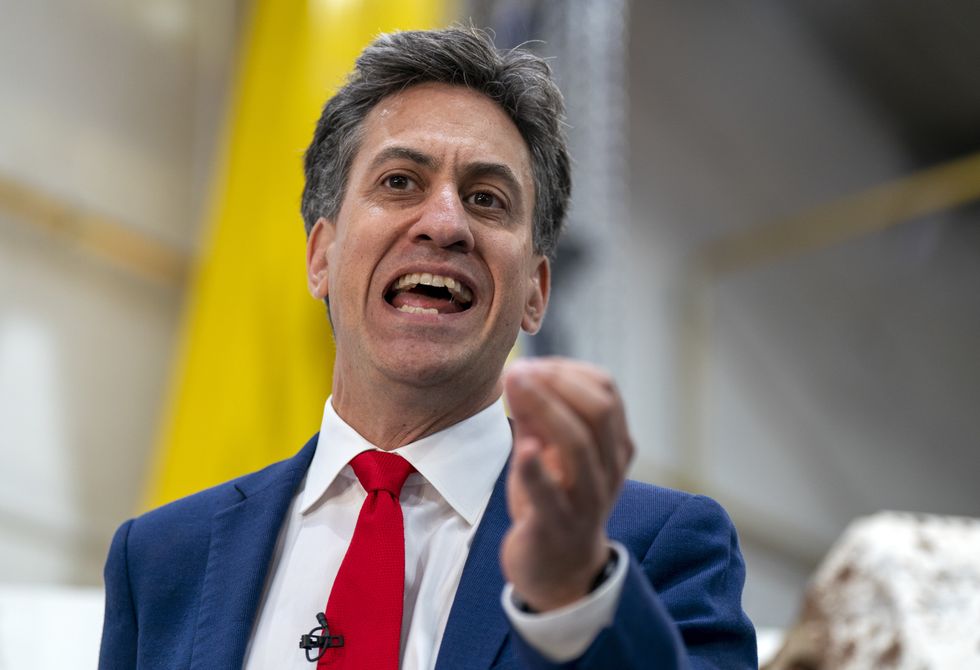
Ed Miliband spearheads Labour's energy policy
| PA"With over 12 million households struggling with the cost of heating and energy debt at record levels, it's clear that electricity pricing must be fairer, standing charges reduced and that the Government must look at how any vital investment in energy infrastructure is paid for," he said.
A Department for Energy Security and Net Zero spokesperson said: "We categorically reject this speculation.
"Wholesale gas costs for households remain 75 per cent higher than they were before Russia invaded Ukraine in 2022, and the main reason energy bills remain high.
"The only way to bring down energy bills for good is by making Britain a clean energy superpower, which will get the UK off the rollercoaster of fossil fuel prices and onto clean, homegrown power that we control."


